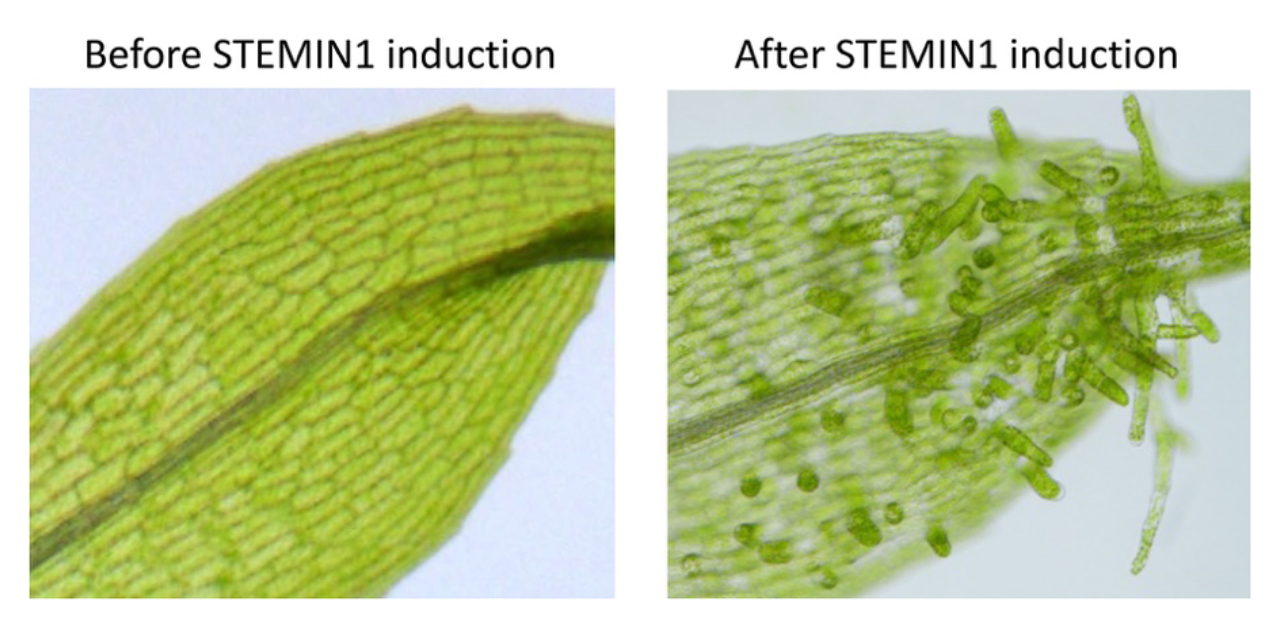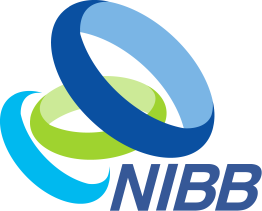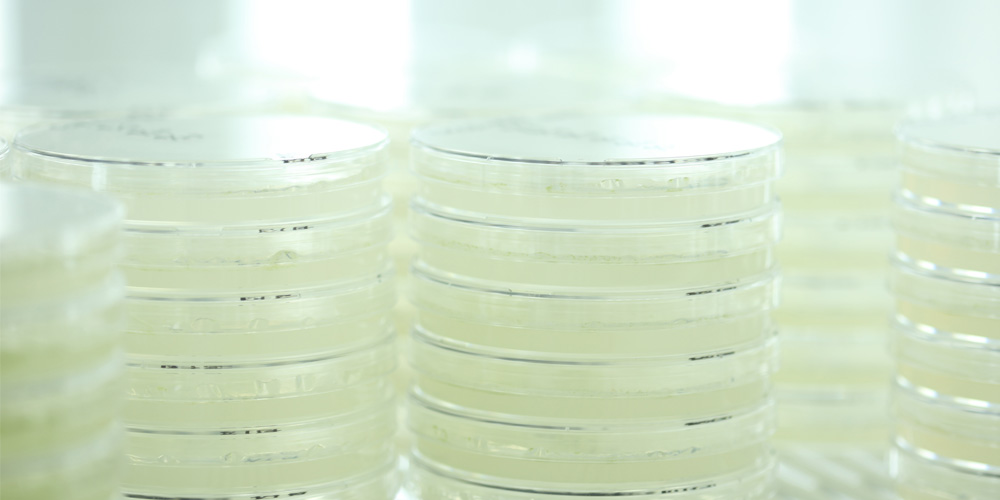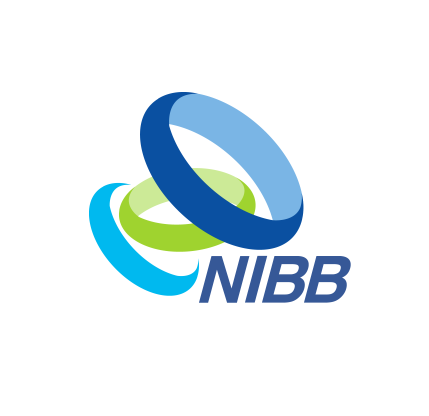Stem cells self-renew and give rise to cells that are differentiated during development. These differentiated cells can change into stem cells under appropriate conditions in most plants, in which this process is more readily apparent, and some animals. Researchers have previously succeeded in forming new shoots from intact leaves by inducing single transcription factors in Arabidopsis. However, it has not been clear whether these transcription factors induce meristematic tissue that subsequently induces stem cells or directly induces them. To this end, Assistant Professor Masaki Ishikawa and Professor Mitsuyasu Hasebe at the National Institute of Basic Biology in Japan, Designated Associate Professor Yoshikatsu Sato of the Institute of Transformative Bio-Molecules (WPI-ITbM) at Nagoya University in Japan and their collaborators found that induction of the transcription factor STEM CELL INDUCING FACTOR1 (STEMIN1) in leaves directly changes leaf cells into stem cells in the moss
Physcomitrella patens. This discovery of a direct stem cell inducing factor will facilitate the furthe elucidation of the molecular mechanisms underlying stem cell formation in land plants.
These studies were published in
Nature Plants.

Figure. A leaf at 3 days after STEMIN1 induction.





